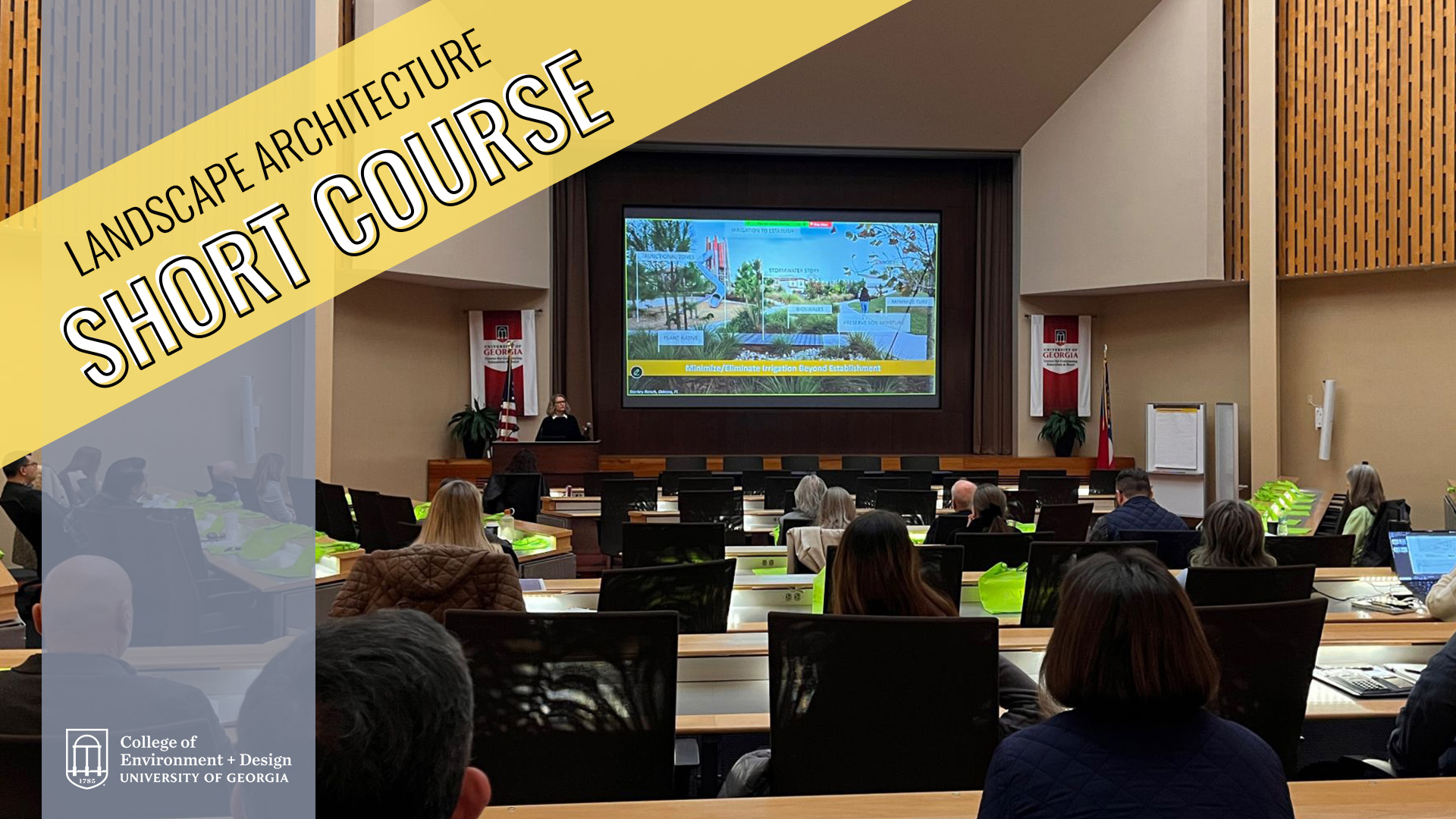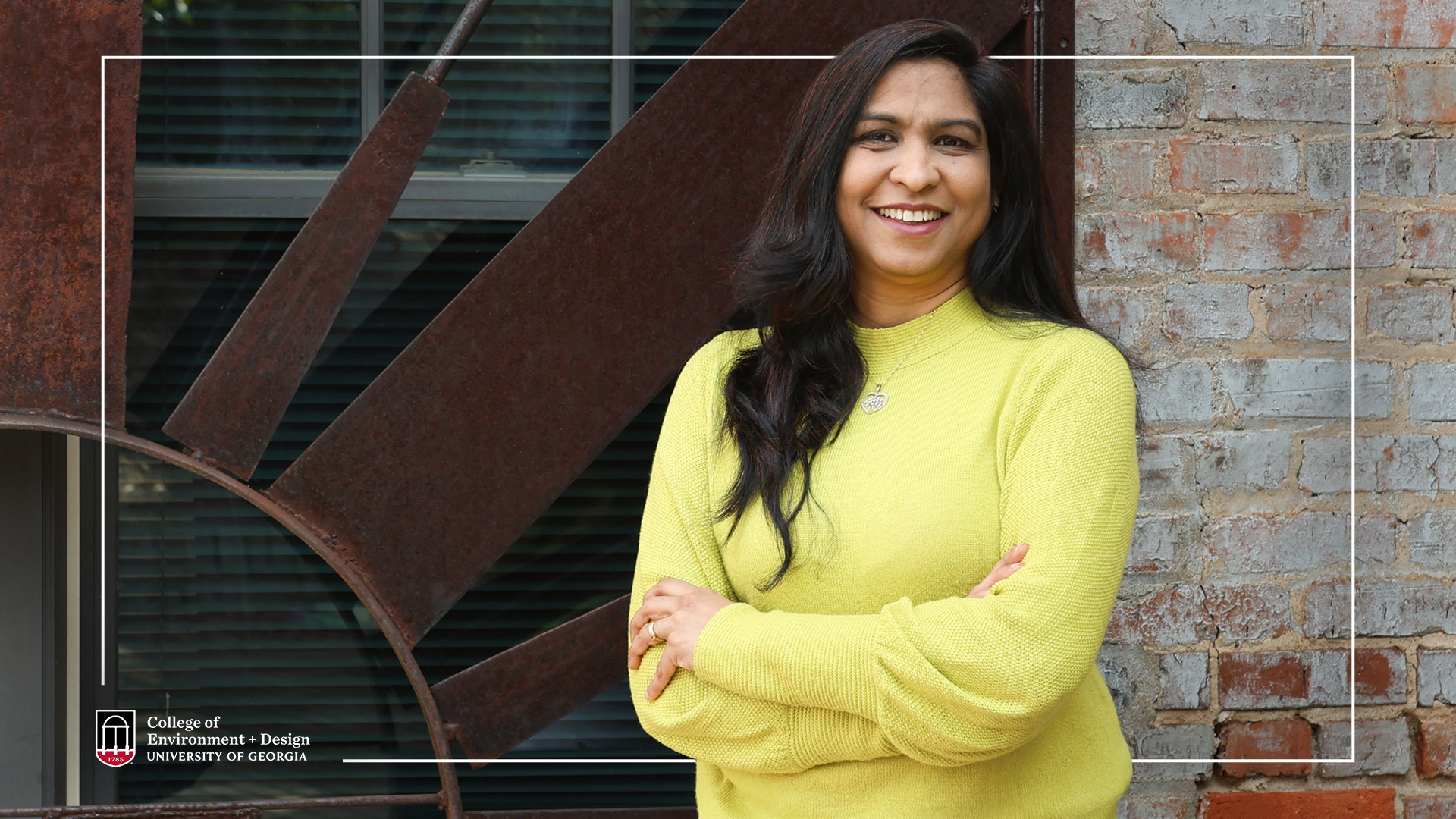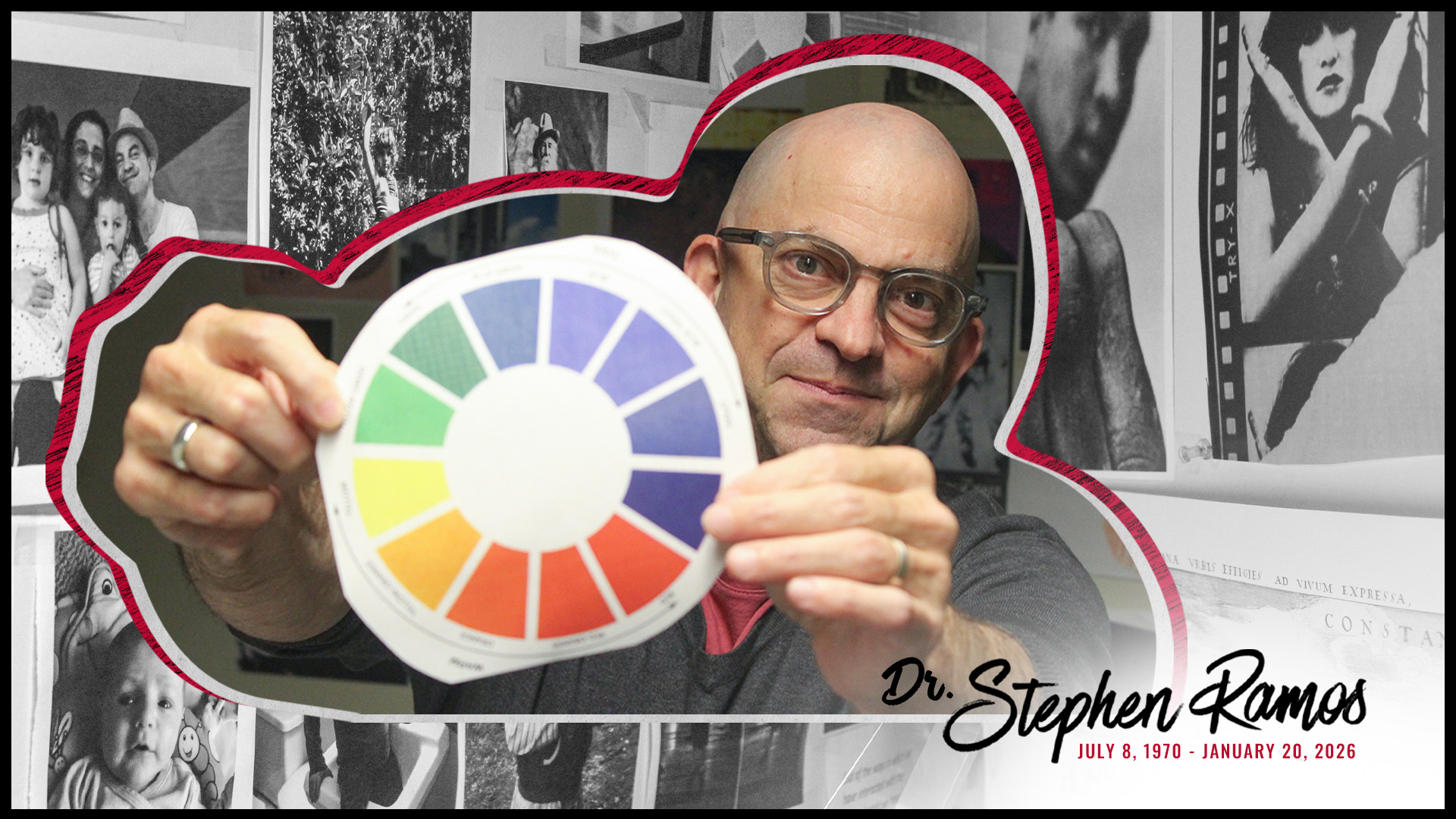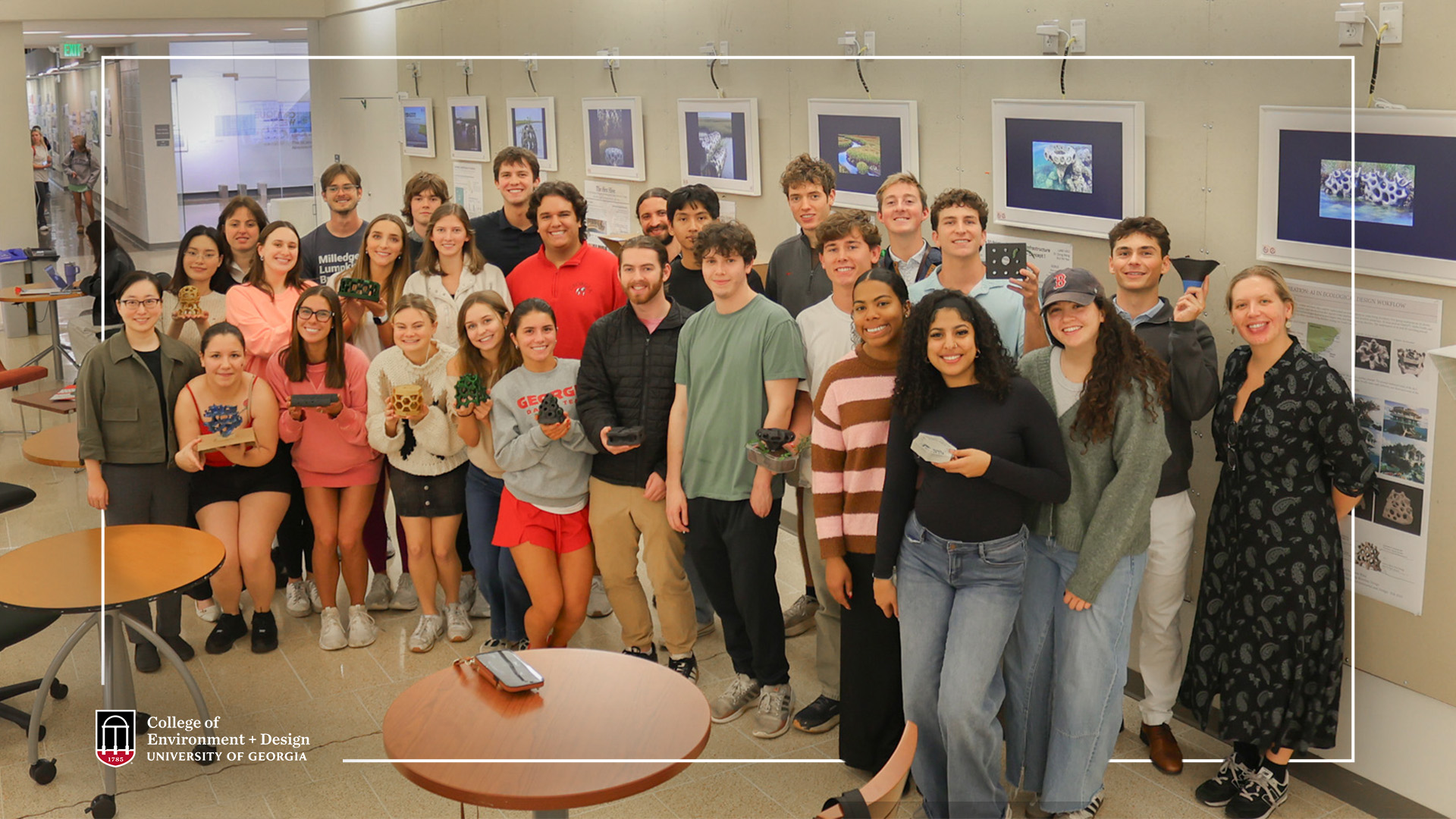The College of Environment and Design 2025 Strategic Plan was prepared by a committee of faculty, staff, students, and alumni after gathering ideas and input widely. As a professional school, we aim to strengthen instruction, research, and service through the integration of design with science – and evidence-based solutions, holistically addressing society’s most urgent problems – especially in Georgia’s most vulnerable communities. We invite you to explore our vision, mission, and plan.
2025 Strategic Plan
We appreciate those who participated in our strategic planning sessions, as well as those who served on our subcommittees, chaired by David Spooner, Doug Pardue, Stephen Ramos and Jennifer Lewis. We are especially grateful to Leigh Elkins (MLA ’01) of the UGA Carl Vinson Institute of Government for her guidance and facilitation during our strategic planning process.
Committee Members
Committee Chair:
Dean Sonia Hirt
Subcommittees:
Mission & Vision
David Spooner (chair), Leigh Elkins, Katherine Melcher, Scott Nesbit, Umit Yilmaz
Promoting Excellence in Teaching & Learning
Doug Pardue (chair), Brad Davis, Georgia Harrison Hall, Tom Jones, Brandon Platt*
Growing Research, Innovation, & Entrepreneurship
Stephen Ramos (chair), Cari Goetcheus, Brian Orland, Manasi Parkhi*, Alfie Vick, Erica Young
Strengthening Partnerships with Communities
Jennifer Lewis (chair), Felipe Barrantes*, Shelley Cannady, Cari Goetcheus, Sungkyung Lee, Saadia Rais*, James Reap, Jon Williams
*CED Students
*CED students
Vision Statement
The College of Environment and Design strives to be a renowned professional school of design, planning, and preservation by contributing to understanding, managing, and shaping the built environment through teaching, research, and service.
Mission Statement
The College of Environment and Design pursues its vision through three interrelated actions:
Teaching
We equip future leaders in landscape architecture, historic preservation, and urban planning and design with critical thinking, creative design and management skills, using innovative experiential-learning pedagogies.
Research
We author research-based creative work that advances our understanding and management of the places we live in today to ensure our sustainable future.
Service
We apply our pedagogy, research, and creative practices to collaborative community service for the benefit of students and society at large.
Strategic Goals
I: Promoting Excellence in Teaching & Learning
1.1: Expand experiential learning opportunities for all students.
1.2: Enhance training, support, and recognition for all who provide instruction.
1.3: Enhance infrastructure and support for both traditional and cutting-edge teaching methods across the curriculum.
1.4: Enhance reputation as premier professional school. Continue to receive high marks in professional accreditations.
1.5: Expand CED’s curricular presence on campus and beyond.
II: Growing Research, Innovation, & Entrepreneurship
2.1: Provide resources, support, and incentives to nurture a diverse and inclusive culture of excellence in research, design innovation, and creative practice.
2.2: Promote collaboration among academic units and between these units and external organizations to drive interdisciplinary research.
2.4: Enhance communications about the College’s strengths in research, innovation, and entrepreneurship and the impact of those activities on local, state, and international communities.
III: Strengthening Partnerships with Communities across Georgia & around the World
3.1: Increase collaboration, community-focused research, scholarship, technical assistance, and training in Georgia, across the nation, and world.
3.2: Broaden opportunities for students to engage with communities in Georgia on locally identified needs and issues, especially with diverse populations.
3.3: Strengthen communications regarding how CED sustainably supports and benefits communities through research, teaching, and public service.




